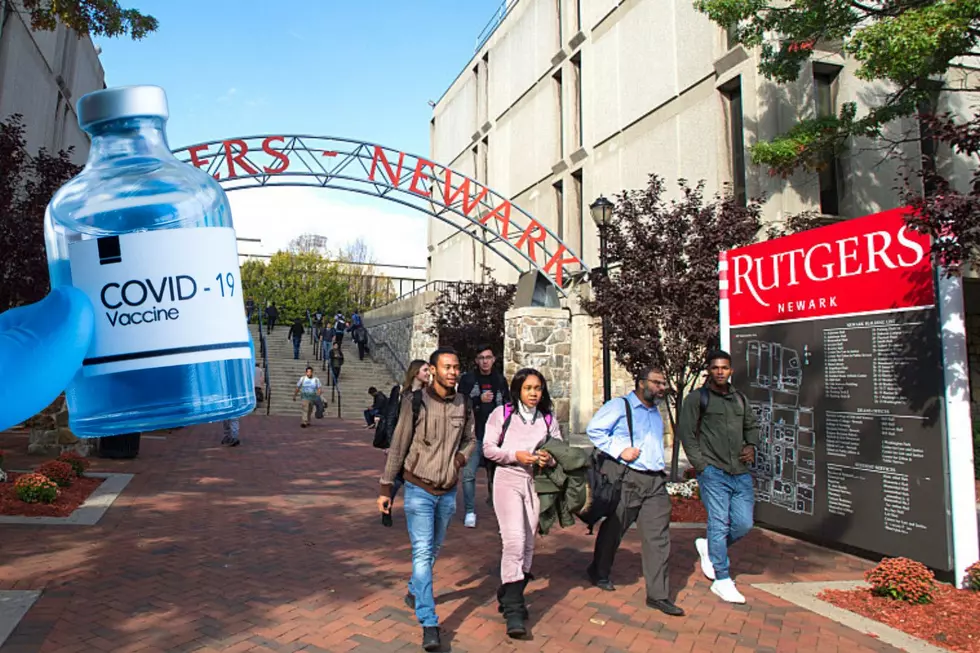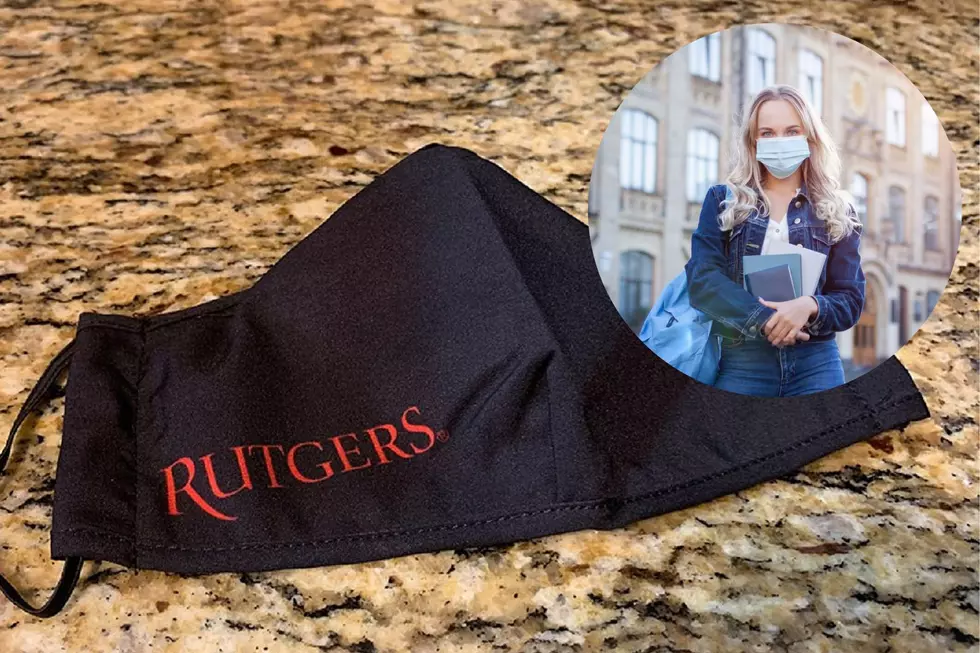
Rutgers renames buildings to honor its long black history
NEW BRUNSWICK — Two buildings and a walkway were renamed by the Rutgers University Board of Governors on Tuesday in a nod to the school's black history.
The College Avenue Apartments have been renamed in honor of Sojourner Truth, while the walkway from Old Queens to the Voorhees Mall will now be known as Will's Way, and the Kilmer Library on the Livingston Campus will be named for James Dickson Carr.
"We thought it was important to show the university is being responsive to this part of our history," Rutgers University-New Brunswick Chancellor Richard L. Edwards said.
Truth, who is highly regarded as an abolitionist and a proponent of women's rights, has a unique connection to the school. As a young girl she was a slave owned by Jacob Hardenbergh, Rutgers' first president.
"It gives her legacy a degree of prominence that would be hard to match with another building," Edwards said of the building, which he believes bearing her name will help bring together the school's past as it moves into the future.
Will's Way was named in honor of a slave who helped lay the foundation of the administration building.
Carr was the school's first African-American graduate in 1892, and went to Columbia Law School after that.
"Having Mr. Carr's name on a building that is a core part of academic life where students go to study and where research is conducted is an important way to recognize his accomplishments," Edwards said.
The decision to rename the buildings came at the recommendation by the Committee on Enslaved and Disenfranchised Populations in Rutgers History. Edwards said that these are just a few steps in a larger process.
"We acknowledge there are other aspects to our story and we want to have a more complete portrayal of our history."
Deborah Gray White, who serves as the chairwoman of the committee, said "It is not a triumphant history when you say my people were slaves, but it is a triumphant history when you say my people had a hand in building this nation."
“Not only in the case of Will did we help build and lay foundations, but in the case of Sojourner Truth we helped make freedom ring. She was an abolitionist. She fought for women’s rights, she fought for black rights and she fought for inclusion," White added.
The effort to rename the buildings came after the the publication of a book published by the committee called "Scarlet and Black, Volume 1: Slavery and Dispossession in Rutgers History."
While it was important for the school to recognize this part of its history, Edwards said that does not minimize the other things that have helped develop Rutgers through its history.
"I think it would be a mistake to take away part of our history," he said. "You can't deny that Jacob Hardenbergh was our first president and taking his name off a building doesn't make it not so. But I think we can give a fuller picture of our history and show we are not sweeping it under the rug."
More From New Jersey 101.5
Contact reporter Adam Hochron at 609-359-5326 or Adam.Hochron@townsquaremedia.com
More From Beach Radio










